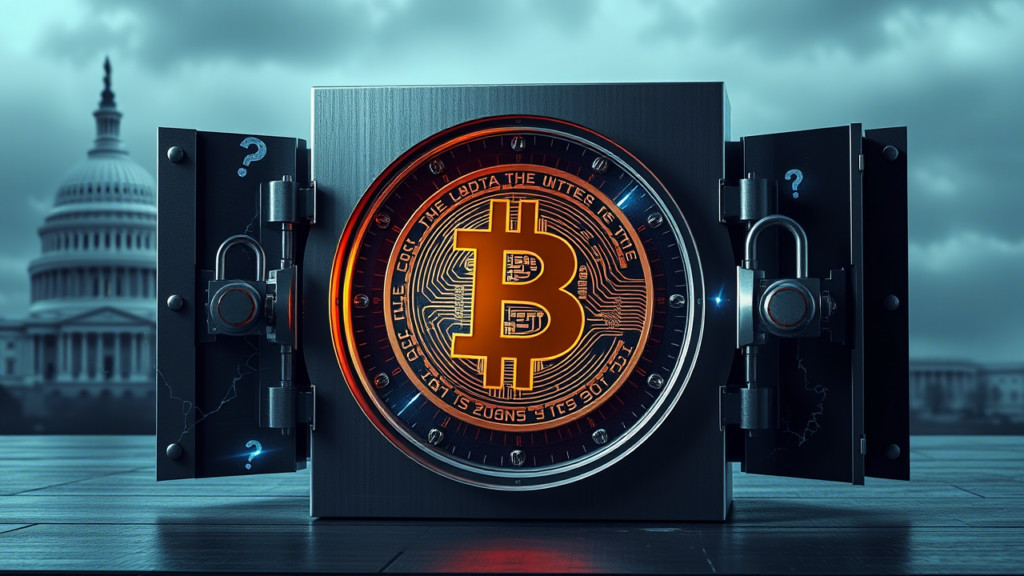In a move that has sent shockwaves through both political and financial circles, U.S. President Donald Trump has signed an executive order establishing a Strategic Bitcoin Reserve—a first-of-its-kind initiative aimed at solidifying America’s dominance in the digital asset space.

For years, Bitcoin has been viewed as an outsider, a rebellious alternative to traditional financial systems. Now, the U.S. government is making it clear: crypto isn’t just for tech geeks and libertarians anymore—it’s a national strategic asset.
America’s Digital Gold Rush
The executive order calls for the creation of a government-controlled Bitcoin reserve, initially funded by Bitcoin seized in criminal and civil asset forfeiture cases. Currently, the U.S. government is sitting on a stash of approximately 200,000 BTC, worth nearly $18 billion at today’s prices. Instead of selling these assets in auctions—often at a discount—the government is now choosing to hold them.
This decision marks a sharp policy shift. Previously, federal agencies like the U.S. Marshals Service would offload confiscated crypto as quickly as possible. Now, the strategy is clear: Bitcoin is being treated as a long-term asset, much like gold.
A New Kind of Financial Power Play
The significance of this move goes beyond just stockpiling digital coins. It signals a shift in how the U.S. views its role in the global economy. As China ramps up its digital yuan and other nations experiment with state-backed cryptocurrencies, America is staking its claim in the decentralized revolution.
For crypto advocates, this is a validation of everything they’ve been arguing for over a decade: Bitcoin isn’t just an alternative investment—it’s a crucial part of the future financial system.
Why This is Bullish for Bitcoin
Many industry experts believe this is a massive moment for the crypto market. Here’s why:
- Legitimacy on a Global Scale: A U.S.-backed Bitcoin reserve sends a clear message—digital assets are here to stay. This could encourage other nations to follow suit, driving broader adoption.
- Institutional Confidence: If the U.S. government is accumulating Bitcoin, private institutions may take it as a sign to increase their own holdings.
- Regulatory Clarity: This move could lead to more well-defined policies around crypto, reducing uncertainty and attracting more mainstream investors.
Not Everyone is Convinced
Of course, not everyone in the crypto space is thrilled. Some hardcore decentralization advocates worry about increased government control over Bitcoin. Others speculate that this move could be a precursor to stricter regulations, as governments typically don’t embrace financial tools they can’t control.
Moreover, the market’s initial reaction has been volatile. Shortly after the news broke, Bitcoin’s price dipped from $90,400 to $84,979, reflecting concerns from short-term traders who may have expected immediate government buying.
What’s Next?
The establishment of a U.S. Bitcoin reserve is a bold step, but the full impact remains to be seen. Will this trigger a wave of national Bitcoin reserves across the globe? Will governments start treating Bitcoin like a modern-day gold standard? Or will this simply be another chapter in the ongoing battle between traditional finance and digital disruption?
One thing is certain: Bitcoin has officially entered the geopolitical arena, and its future just became more intriguing than ever.
